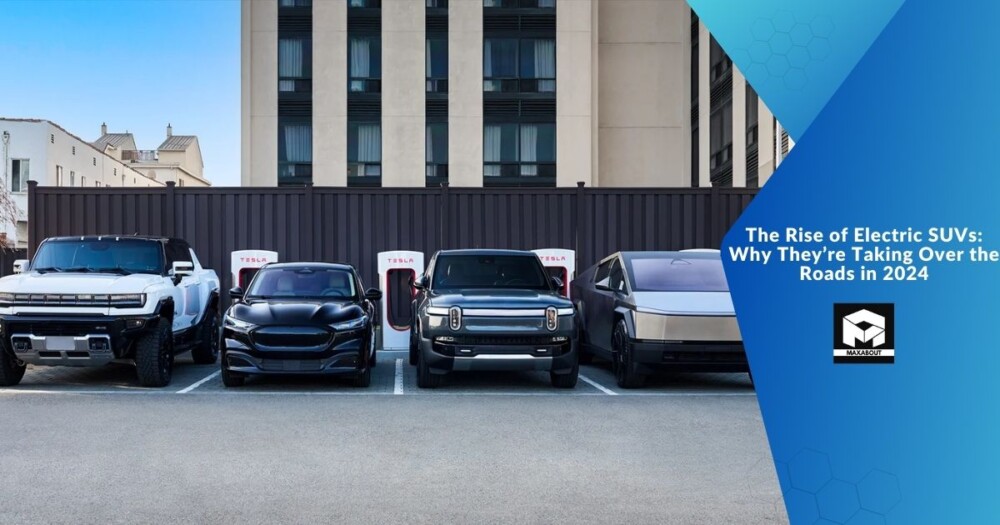Electric vehicles are changing the world of the automotive, at a pace never seen before. As electric vehicles or EVs become more popular, more and more consumers and manufacturers have been inclined towards that direction towards a more sustainable future. In this article, we will dive in to the world of electric cars, what benefits they have, their challenges, and why we will be pushed to an era of electric vehicle dominance. This comprehensive guide will be a must-read whether you are an enthusiast or just curious about what the future of mobility holds as electric cars start to take over the market.
First and foremost, if you are not a client of some material involving electric cars, here is a simple and common definition of what electric vehicles are.
Electric vehicle (EV) is a car that runs on electricity stored in a battery instead of the conventional fossil fuel power internal combustion engine (ICE). EVs use one several electric motors to convert electrical energy into movement and provide for a silent and smooth glide. The vehicle is powered by a battery, usually lithium ion, which can be recharged simply by plugging the vehicle into a charging station or into a home charger.
There are several kinds of electric vehicles, from pure electric battery operated vehicles (BEVs) that use electricity only, to plug-in hybrid electric vehicles (PHEVs) that use a tiny gasoline engine along with an electric motor for long range. Thanks to the development of technology, EVs are coming further and further toward the goal of offering an alternative to conventional petrol cars of the same range and performance.
Why is Interest in Electric Car Increasing?
The rise of electric cars can be attributed to several factors:
- Environmental concerns: EVs require zero direct emissions, compared to ICE vehicles.
- Technological advancements: Battery technology improvements have given us longer range, shorter charge times.
- Government incentives: However, many countries do provide subsidies, or tax breaks to promote EV adoption.
- Lower operating costs: On the whole, electricity is cheaper than fuel, but on the contrary, for every kWh you use, you save money instead of losing it.
And, as these factors converge, more and more are considering electric vehicles as a real choice for the next car they’ll buy.
What are the electric car benefits?
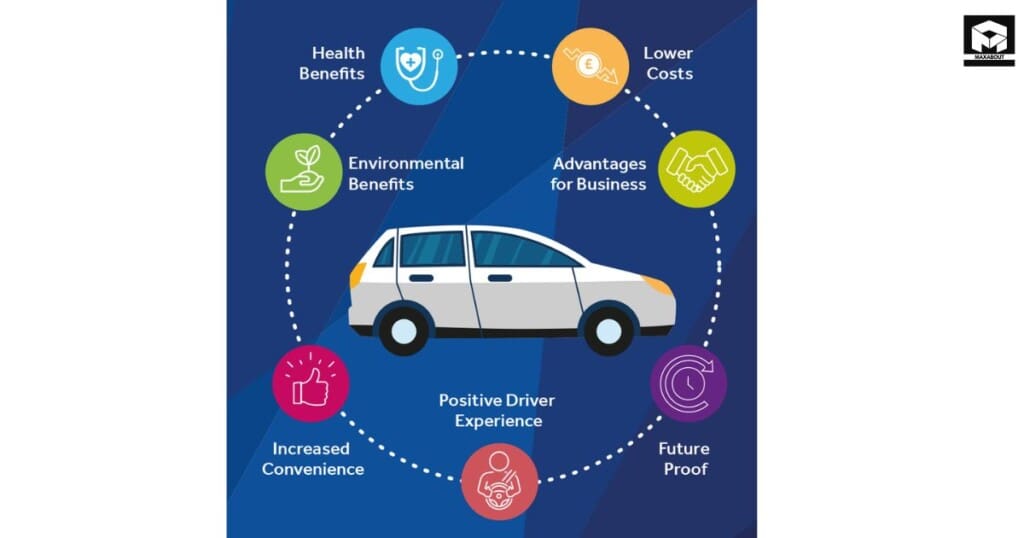
Owning an electric car comes with numerous advantages:
- Lower fuel costs: An EV is typically cheaper to charge than to fill up a gas tank.
- Reduced maintenance: Because there are fewer moving parts, EV maintenance is cheaper.
- Improved driving experience: Instant torque from electric motors means smooth acceleration, but it’s quiet.
- Environmental impact: EVs emit far fewer emissions than those produced by gasoline and diesel vehicles, and they lower their carbon footprint (along with that of our air).
- Tax incentives: There are also financial incentives for EV purchases throughout many governments.
The benefits of EVs make them a popular choice for environmental conscious consumers and those wanting to lower their long term cost of vehicle ownership.
What Distance Can Electric Cars Actually Go on a Single Charge?
A common concern to potential EV buyers is range anxiety. However, modern electric vehicles have made significant strides in this area:
- The ranges of many new EVs are in the 300-400 km and more per charge.
- High end models, however, have ranges exceeding 600 km with vehicles such as the Tesla lineup.
- Driving style, weather conditions and terrain can all play into real world range.
Battery technology is improving and we’ll be seeing ever greater ranges in future electric vehicles.
What About Charging? Is It Really Convenient?
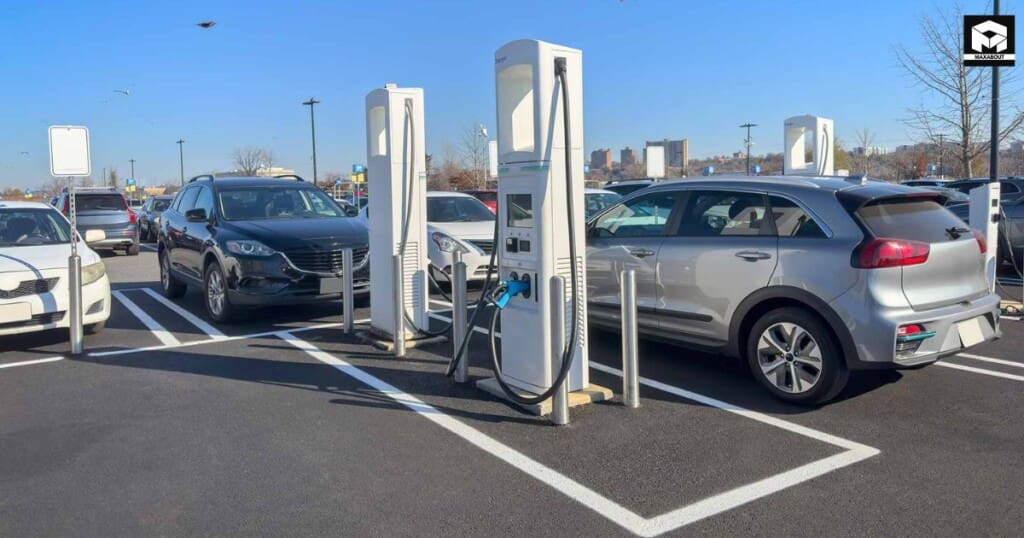
Charging infrastructure is rapidly expanding, making EV ownership more convenient:
- Home charging: Many EV owners no longer pay their owns; Instead, they charge their EV at home, installing a home charger for overnight charging.
- Public charging stations: The number of public charging points increases with fast charging options.
- Workplace charging: Employers are installing charging stations employees can use.
Charging takes longer than filling up with petrol does, but the ease of home charging and the growing number of fast charging stations means that the EV lifestyle is more realistic for many drivers.
Are Electric Cars Actually as Environmentally Friendly as We Think?
The environmental impact of EVs is a topic of much discussion:
- Zero direct emissions: To begin, EVs create no tailpipe emissions, benefiting the local air.
- Lifecycle emissions: The ultimate environmental impact is a function of the source of electricity being used to charge.
- Battery production: EV batteries certainly come with an environmental cost to manufacture, but this cost is redeemed over the lifetime of the vehicle.
- Recycling: Attempts are underway to refine the processes of battery recycling.
While not perfect, EVs in most cases have a lower environmental impact than ICE vehicles, as grids get cleaner.
How Do Electric Cars Compare to Petrol Cars?
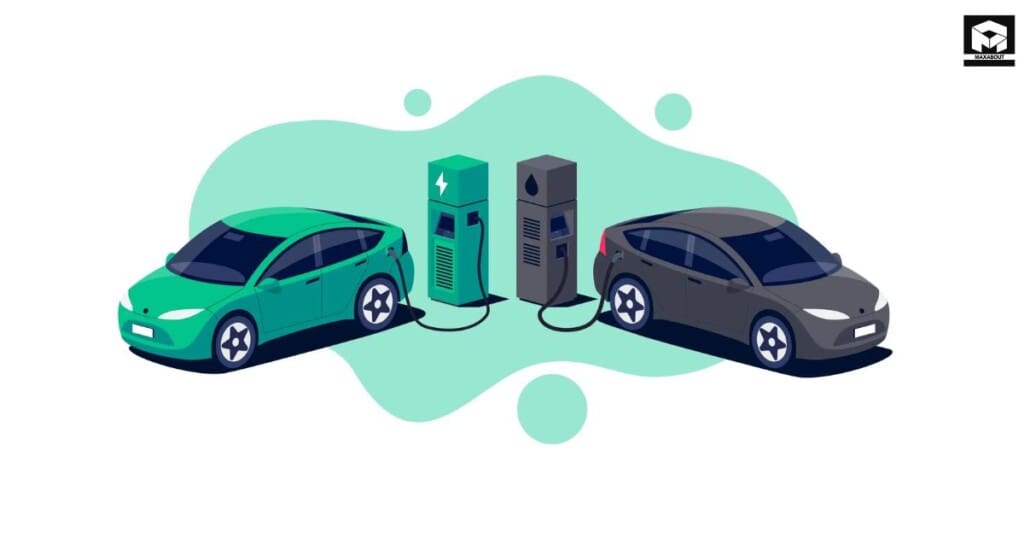
Electric vehicles offer unique performance characteristics:
- Instant torque: Electric motors deliver instant acceleration and can beat ICE cars on sprint times from 0-100 kmph.
- Smooth operation: With no gear changes to cause uneven breaks, it felt like no gear changes whatsoever.
- Lower center of gravity: Most of the time battery placement improves handling and stability.
- Regenerative braking: This feature allows you to extend range, and reduces brake wear.
Electric cars have good performance and several drivers find they meet or exceed their expectations with a different, and sometimes better, driving experience than conventional cars.
What are some of the challenges toward EV adoption?
Despite their benefits, electric vehicles still face some hurdles:
- Higher upfront costs: The purchase price for EVs is often higher than for ICE vehicles of similar calibre.
- Charging infrastructure: Charging networks are not exactly widespread yet, and while they’re improving, it’s impossible to get as close as the equivalent of a gas station.
- Range limitations: To take longer trips will take more planning and stop for charging.
- Battery degradation: Through time, the capacity in EV batteries may go down.
- Limited model choices: As the EV variety grows, it is still less than that of the ICE vehicles.
But technology is a solution to many of them – and more money is being invested in EV infrastructure.
How might the future changes for electric cars?
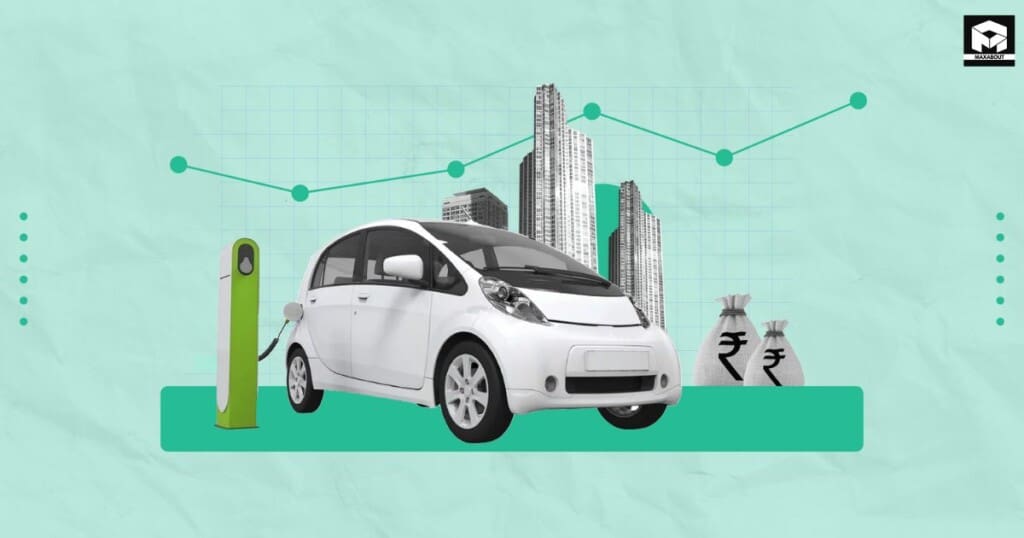
The future of electric vehicles looks promising:
- Increasing range: New battery technologies hold even further promise on extending range.
- Faster charging: Charging times will get shorter as charging technology advances.
- Lower costs: With production increasing EVs are expected to become cheaper.
- More models: Across the board, manufacturers are broadening their EV lineups, from small city cars through to the seventh-generation Honda CRV SUV.
- Improved infrastructure: The charging networks are still growing and improving.
The developments associated with electrified transportation are unfolding and as such electric vehicles are likely to be the primary form of personal transportation in the coming decades.
Which Electric Car is Right for Me?
Considering an EV purchase? Here are some factors to consider:
- Driving habits: It might be a good fit, if most of your trips are within the batteries range.
- Charging access: Think about how often you charge, either at home or at work.
- Budget: Factor that higher upfront cost, but lower operating expenses.
- Available models: Figure out which EVs fit your needs and preferences and check out research on them.
- Test drive: Finally, if you want to try an EV in your own driving style firsthand, this is your chance.
By doing this research carefully, you can decide if an electric vehicle will fit into your lifestyle and needs.
Finally, electric vehicles are a radical departure from the way we’ve seen the automotive industry churn them out for quite some time. Technology is advancing, as is infrastructure and EVs are becoming a more and more attractive option for many motorists. Challenges exist for electric cars, but the rewards of electric cars – on the environment, on performance and long term costs – benchmark electric as a path forward for personal transportation.
Key takeaways:
Environmentally, electric vehicles are a good thing, they have far lower operating costs, and are unique in some of the performance characteristics.
Rapid improvements in EV range and charging infrastructure answer top two concerns.
- EVs will cost more upfront, but you won’t spend nearly as much on fuel or maintenance over time.
Battery tech is moving forward and there’s more model variety now so the future of EVs looks good.
An EV might be the ideal car for you, based on your driving habits, your charging access and budget.
As the automotive industry progresses, electric vehicles are now becoming the central part of future transportation.

